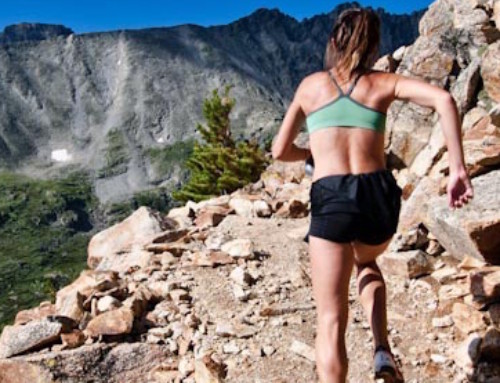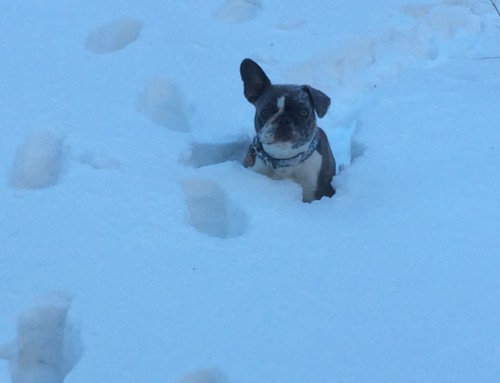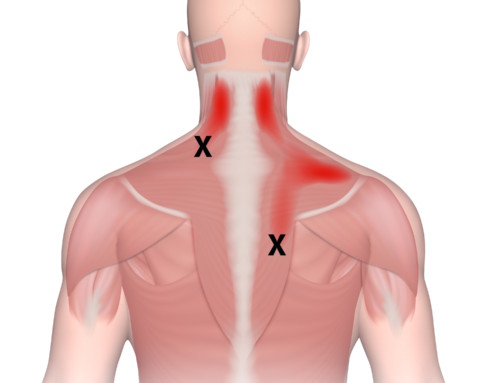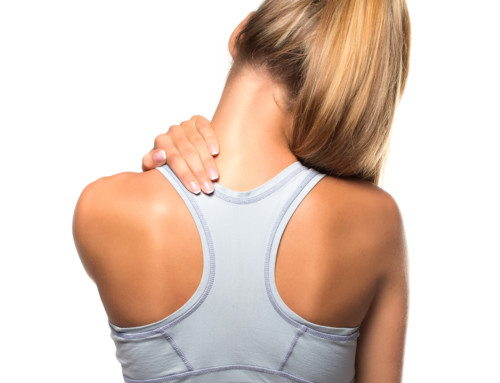Staying healthy and motivated during the winter can be tricky.
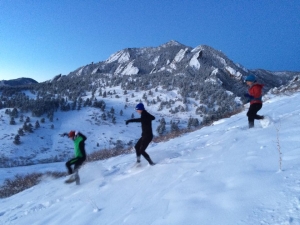
Winter can be an especially harsh and taxing season. The colder temperatures and shorter days affect our circadian rhythms, our emotions, our digestion. As athletes, we are already asking a lot of our bodies, and so we need to be particularly mindful of the ways in which these winter months can throw us out of balance.
We are not separate from our environment. We grow out of the earth as much as a tree or a flower does. Although we can avoid the harsh effects of winter in our largely climate-controlled lives, we are not immune to the pull of the seasons. The effects of winter on us may be subtler, but they are just as real as an animal hibernating or a plant going dormant. I’ve already written about the bio-mechanical hazards of maintaining the same training volume on ice and snow as in warmer months. Ignoring seasonal shifts in our internal environment can be similarly detrimental. Athletes risk injury, getting sick, or depleting deeper reserves (overtraining). Here’s three things athletes should be doing to stay balanced and healthy this winter!
Prioritize Sleep.
Winter is a time to rest, restore, and recharge. The days are shorter. Animals hibernate, and plants fall dormant. Water freezes. We are a part of this larger cycle and should follow suit. It’s a natural time for us to slow down a bit, and our bodies need to switch gears from the more active months of the year. Go to bed earlier, and sleep a little later. Even adding a half hour of sleep will make a difference. Athletes who push too hard year-round risk over-training and injury.
Motivation is a key factor here. If your energy levels are good and you have the desire and drive to get out to train, then do it. If, however, you feel you are consistently forcing yourself to get out the door, that is a signal just as legitimate as an acute musculoskeletal pain that you need a break. Wait until you feel the energy and drive to train hard again, and you will be more likely to make it into the warmer months feeling recharged and healthy.
Eat Warming Foods.
February is not a great time to go on a cleanse. The winter months can be taxing on your digestive fire, and inundating your body with foods that are “energetically cold” only requires more energy from your body to process them. Cook vegetables instead of eating them raw. Drink liquids that are room temperature or warmer. Pay attention to your cravings. Likely, your body will prefer a hot meal or a soup to a salad. Save the green smoothies for spring and summer. Cook with produce that is in season (or can be stored) like root vegetables, onions, potatoes, and hearty greens. Drinking teas and cooking with spices that warm the body—cinnamon, ginger, cardamom—can stimulate digestion and even increase circulation to your extremities.
Avoid Cold.
I’m not suggesting you shouldn’t venture out in frigid weather. I mean take active measures to NOT get cold—both indoors and outdoors. * Wear socks if you are walking around on wood or tile floors. Be hyper-vigilant after you have finished working out. Do not sit around in wet clothes and socks; change into dry layers immediately and get into a hot shower when you can.
What we are concerned with here is circulation. When your body gets chilled, a process called vasoconstriction occurs—your blood vessels contract away from the surface of your body. Blood is shunted to your critical organs (i.e. brain, heart, lungs) and away from skeletal muscle and your extremities. Since blood is how our muscles and connective tissue are nourished, anything that compromises that blood flow is going to have deleterious effects on muscle function and healing. Cold causes muscles to contract and tighten up. It makes connective tissue more brittle and rigid because it is starved of warmth and nourishment. Not only are you more prone to injury, but those injuries are harder to heal as long as that circulation is compromised.
If you do find yourself with an injury that is worse with cold or occurs after exposure to cold, heat is the best treatment. Soaking in hot water and then applying a warming liniment (like tiger balm) can be beneficial and speed the healing of that tissue. Acupuncture is also a powerful way to treat injuries that have resulted from cold. Every needle insertion increases microcirculation and releases contracture of the muscle, so that tissue can regain normal metabolic processes and resume its proper function.
*Here’s the caveat—there is evidence to suggest that exposure to brief intense bouts of cold (such as immersing oneself in freezing cold water) can have significant physiological benefits. Periodic exposure to acute (of short duration) stressors makes the body more resilient; it has been shown to boost metabolism, reduce pain, and increase tolerance to cold. Dosage is the difference here. While a short, intense exposure to cold may have beneficial systemic effects, more prolonged bouts of cold are more insidious. Certainly, spending large parts of your winter in a chilled state is not beneficial for tissue healing, health, happiness, etc. etc.

